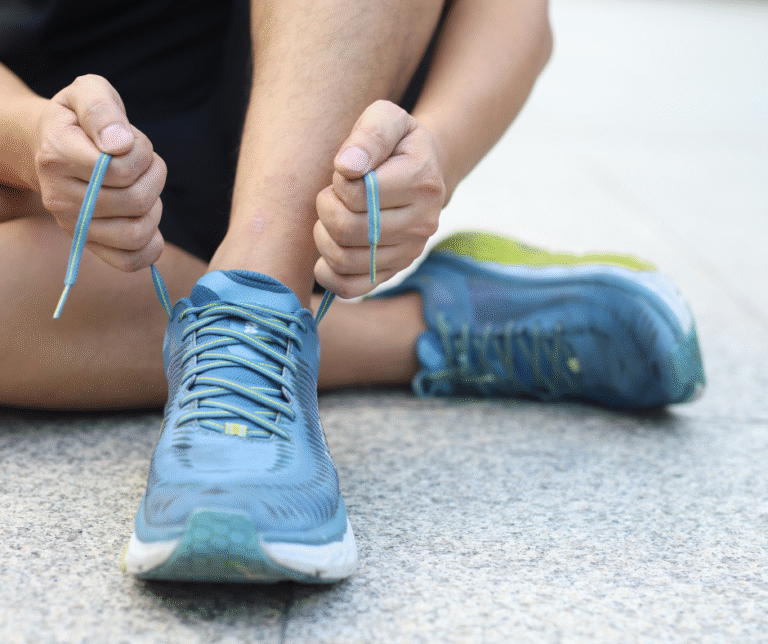Preventing Diabetic Foot Ulcers
A diabetic foot ulcer is an open sore or wound that develops on the bottom of the foot. It is one of the most complications in people with diabetes, a condition where the body doesn’t make enough insulin or can’t use it as well as it should. Doctors encourage people with diabetes to take precautions to avoid foot ulcers or stop them from worsening. If not treated timely, it could aggravate and spread wider. In extreme cases, uncontrolled infections can necessitate amputation of the affected foot.
Diabetic Foot Ulcers: Causes
- A combination of poor circulation, foot abnormalities, soreness, trauma, and inflammation leads to ulcer formation.
- Long-term diabetic patients may develop neuropathy, which is the diminished or full loss of sensation in the feet as a result of nerve damage brought on by chronically raised blood glucose levels.
A person might not realize they have nerve damage because it frequently occurs without pain. Your podiatrist can examine your feet for neuropathy using a monofilament, a straightforward and easy technique to detect loss of sensation in the feet.
Individuals who have diabetes should examine their feet regularly. Watch out for scrapes, wounds, boils and ingrown toenails. Also, it’s important to keep an eye out for infection symptoms, including fever, redness, and swelling in the feet.
Controlling Blood Sugar
You must monitor your blood sugar levels if you have diabetes to make sure they are within a safe range. Excessive blood sugar levels adversely affect the healing process in your lower extremities.
Doctors who tackle hormone-related ailments specialize in controlling diabetes. They can decide how frequently you should check your blood sugar. The body can turn sugar into energy with the aid of insulin medicines, which doctors might give if required.
In order to avoid and treat a diabetic foot ulcer, it is crucial to reduce extra risk factors, including smoking, consuming alcohol, and having foods that increase your cholesterol and blood sugar levels. Risks can also be significantly decreased by using the proper footwear, including socks. Your podiatric specialist can help select the correct shoes that distribute weight evenly on your feet and reduce numbness.
If you notice anything unusual in your feet or feel that they are becoming numb, do not take it lightly. Visit your podiatrist at the earliest so that any developing conditions can be managed and addressed in a timely manner.
The foot experts at Desert Podiatric Medical Specialists in the Tucson, Oro Valley, and Green Valley areas of Pima County, Arizona, have unparalleled experience treating all aspects of foot and ankle care. If you have any questions or want to make an appointment, please call (520) 575-0800.







